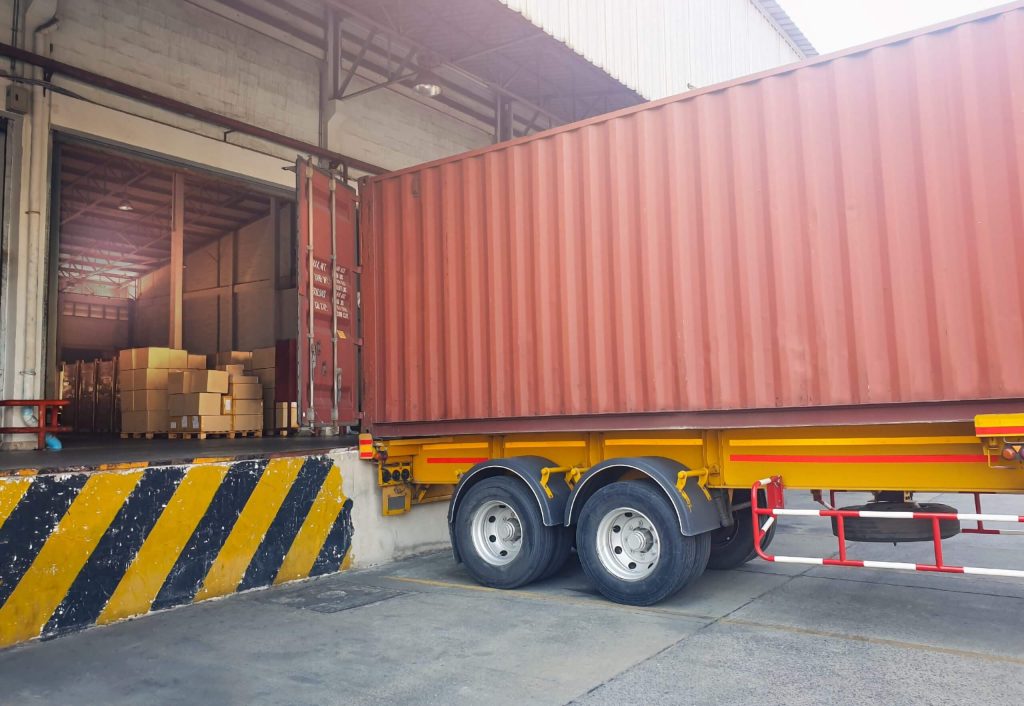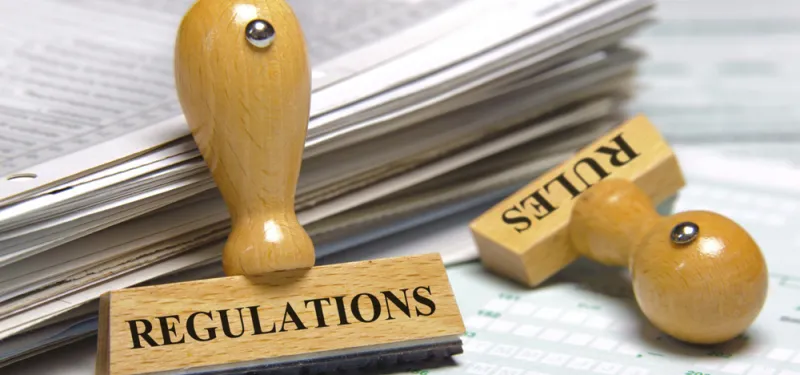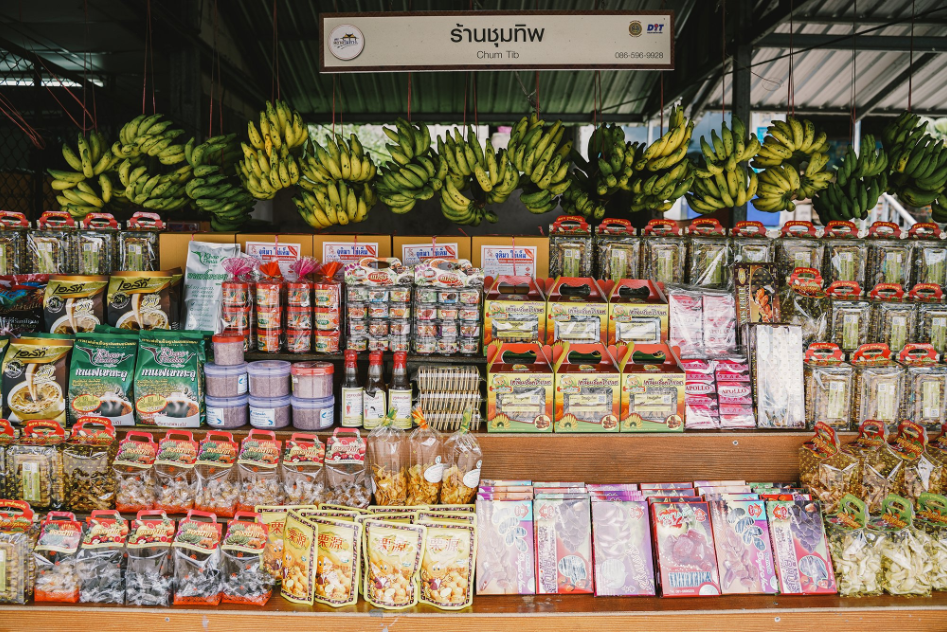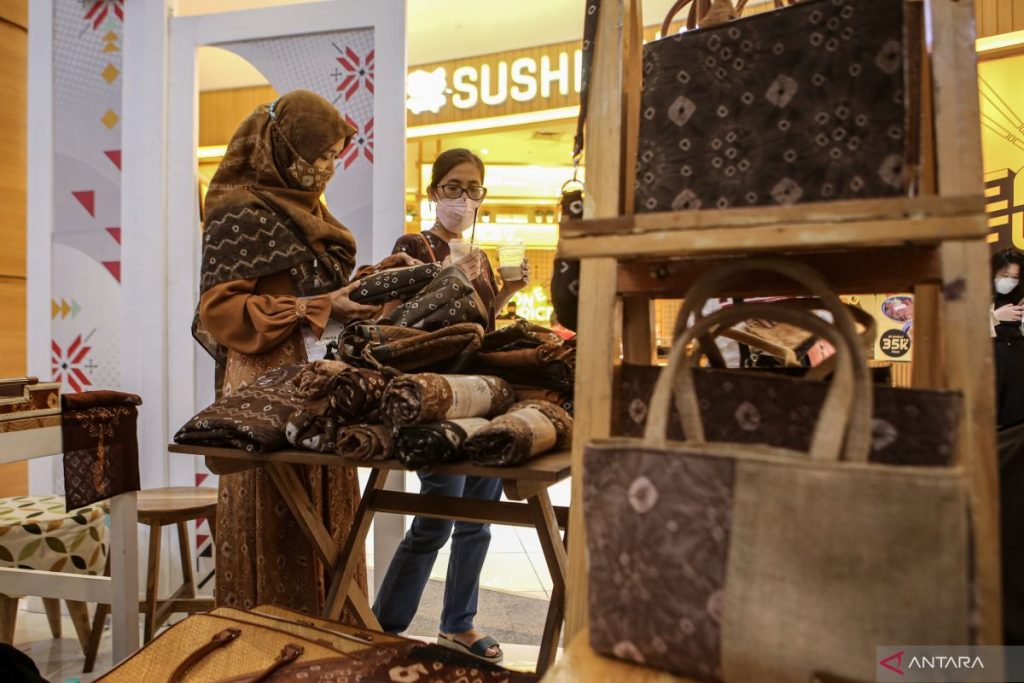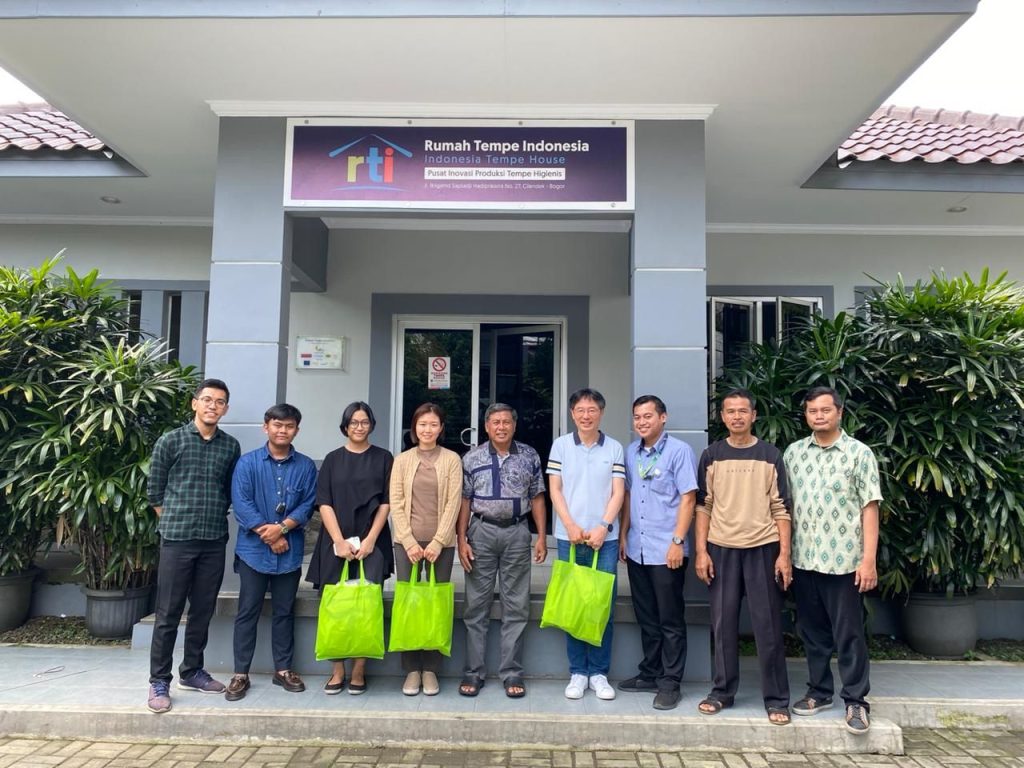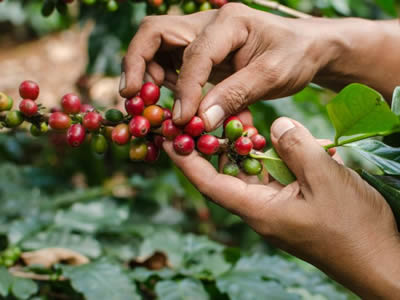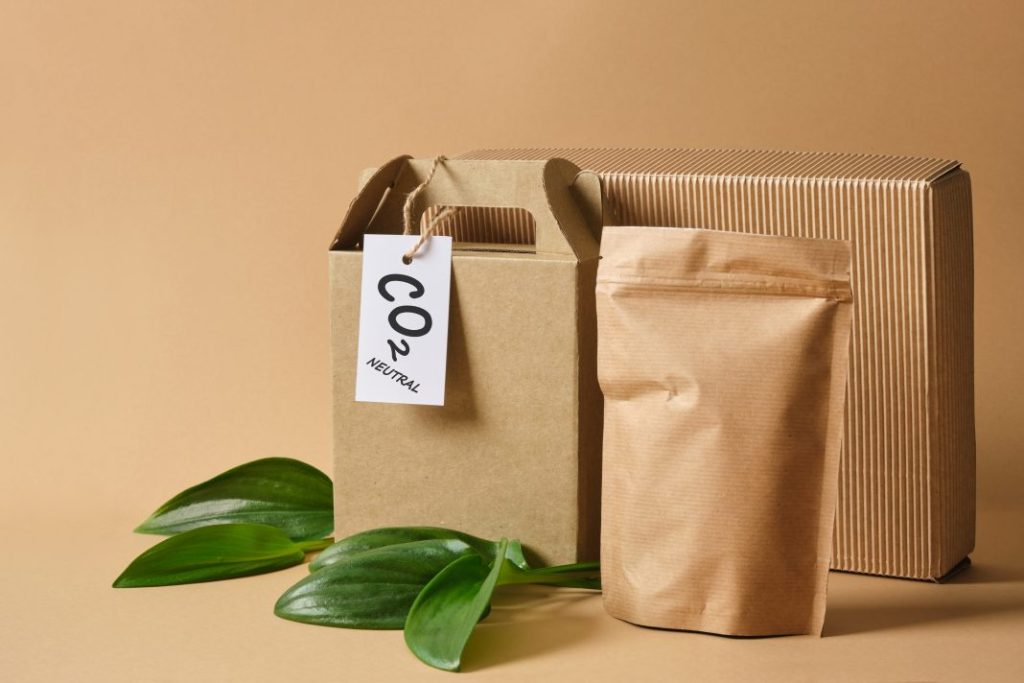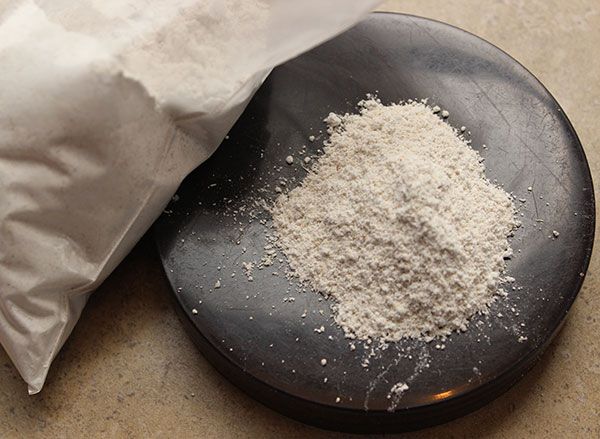
No matter how authentic or delicious your local product is, it won’t make it past international borders without the right food safety certifications.
These certifications are not just legal requirements—they’re a signal to global buyers that your product is clean, safe, and professionally produced. Here’s what you need to know to get export-ready.
Why Certifications Matter in Export
- Builds buyer trust in new markets
- Opens access to retailers, supermarkets, and distributors
- Meets import regulations in countries like the US, EU, and Japan
- Prevents customs issues or shipment rejections
For many buyers, no certification = no deal.
Most Common Food Safety Certifications
| Certification | Purpose | Commonly Required In |
|---|---|---|
| HACCP | Identifies and controls food safety risks | Global (base requirement) |
| ISO 22000 | Comprehensive food safety management system | Europe, Middle East, Asia |
| GMP | Good Manufacturing Practice | Southeast Asia, US |
| FDA Approval | Compliance for food entering the US | United States |
| HALAL | For Muslim markets (must be certified by recognized body) | Indonesia, Malaysia, Middle East |
| EU Organic / USDA Organic | For organic food exports | US, EU, Japan |
Each market may have different requirements, so always check with your target country or buyer.
Which Certification Should You Start With?
- HACCP is often the starting point. It shows you understand food risks and have controls in place.
- ISO 22000 is good if you’re scaling up or entering multiple countries.
- For small brands targeting niche markets (like health stores), organic or Halal certification may be the key value-add.
How to Get Certified
- Assess your facility and process
- Is your production area clean and controlled?
- Are your workers trained in hygiene?
- Hire a local certification body
- Find one recognized by the target country.
- They’ll audit your process and documentation.
- Maintain documentation
- Record ingredient sourcing, batch numbers, temperatures, cleaning schedules, etc.
- Prepare for inspection and audit
- Some certifications require follow-up audits annually.
Getting certified takes time, but it’s an investment that unlocks international access.
Tips for Small Producers
- Join a local cooperative or export support program—some offer shared certification costs
- Start with domestic certifications first, then scale internationally
- Upgrade your packaging to reflect certification clearly
Even small brands can get certified with proper planning and support.
Conclusion
Food safety certifications aren’t just technical requirements—they’re a badge of professionalism. They prove to international buyers that your local product meets global standards.
If you’re serious about exporting, certification isn’t optional—it’s essential. Take the time, get it right, and your product will be ready for shelves worldwide.

